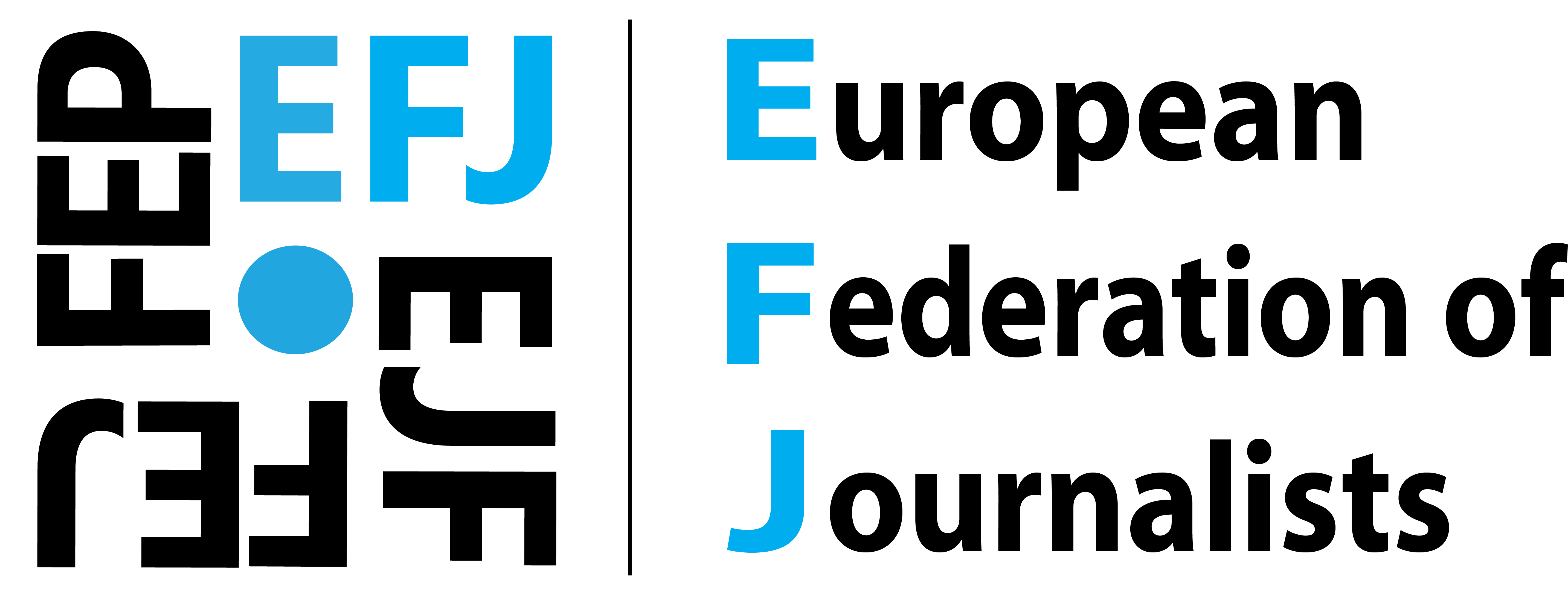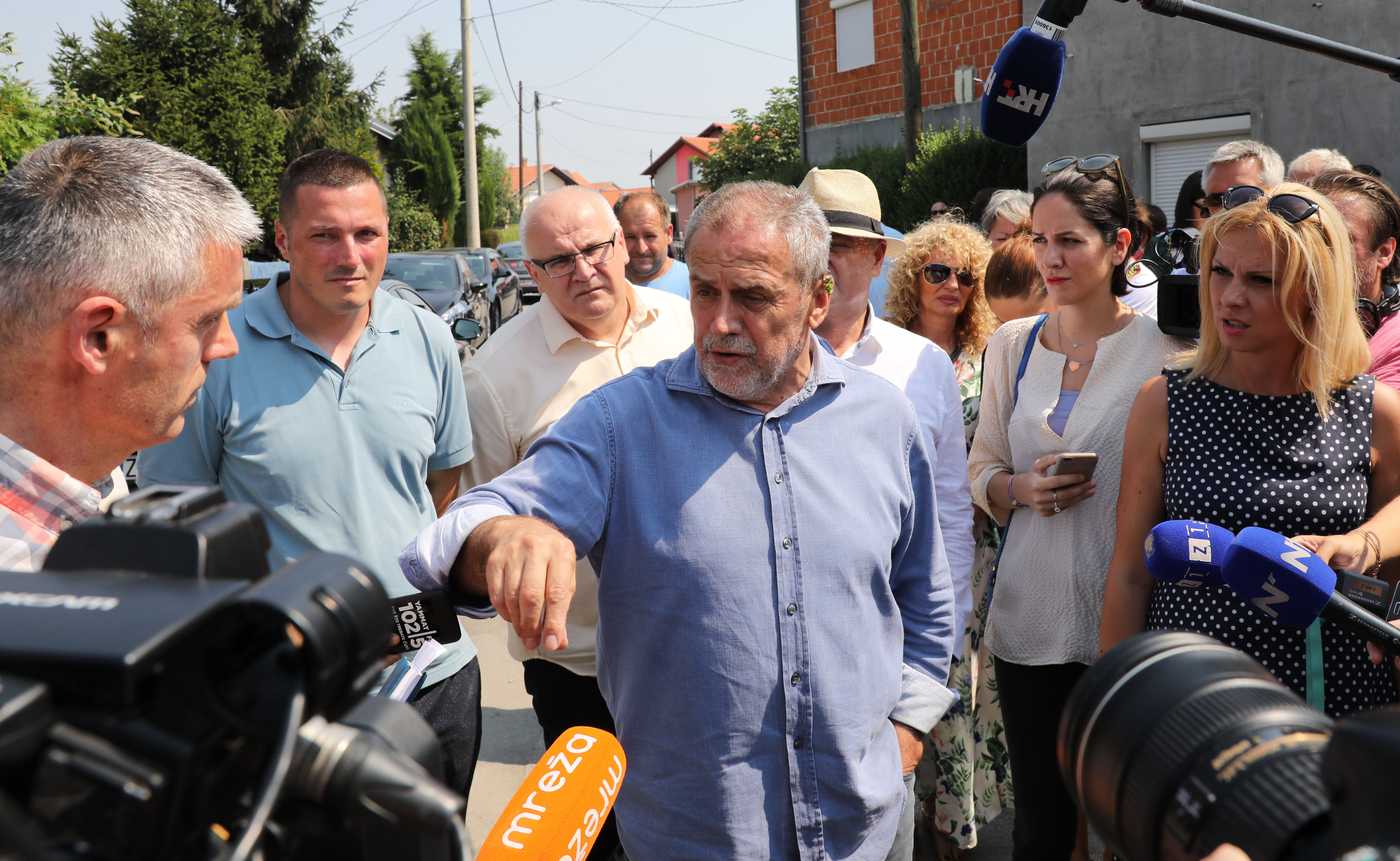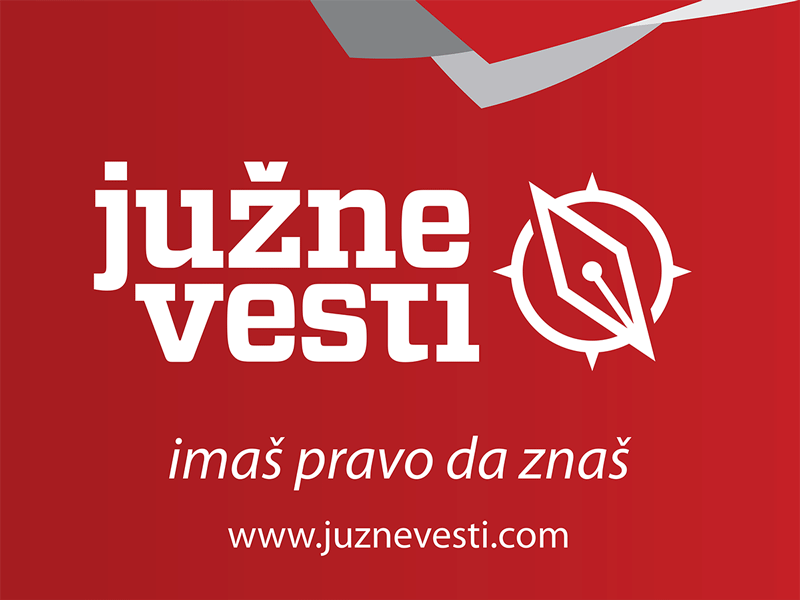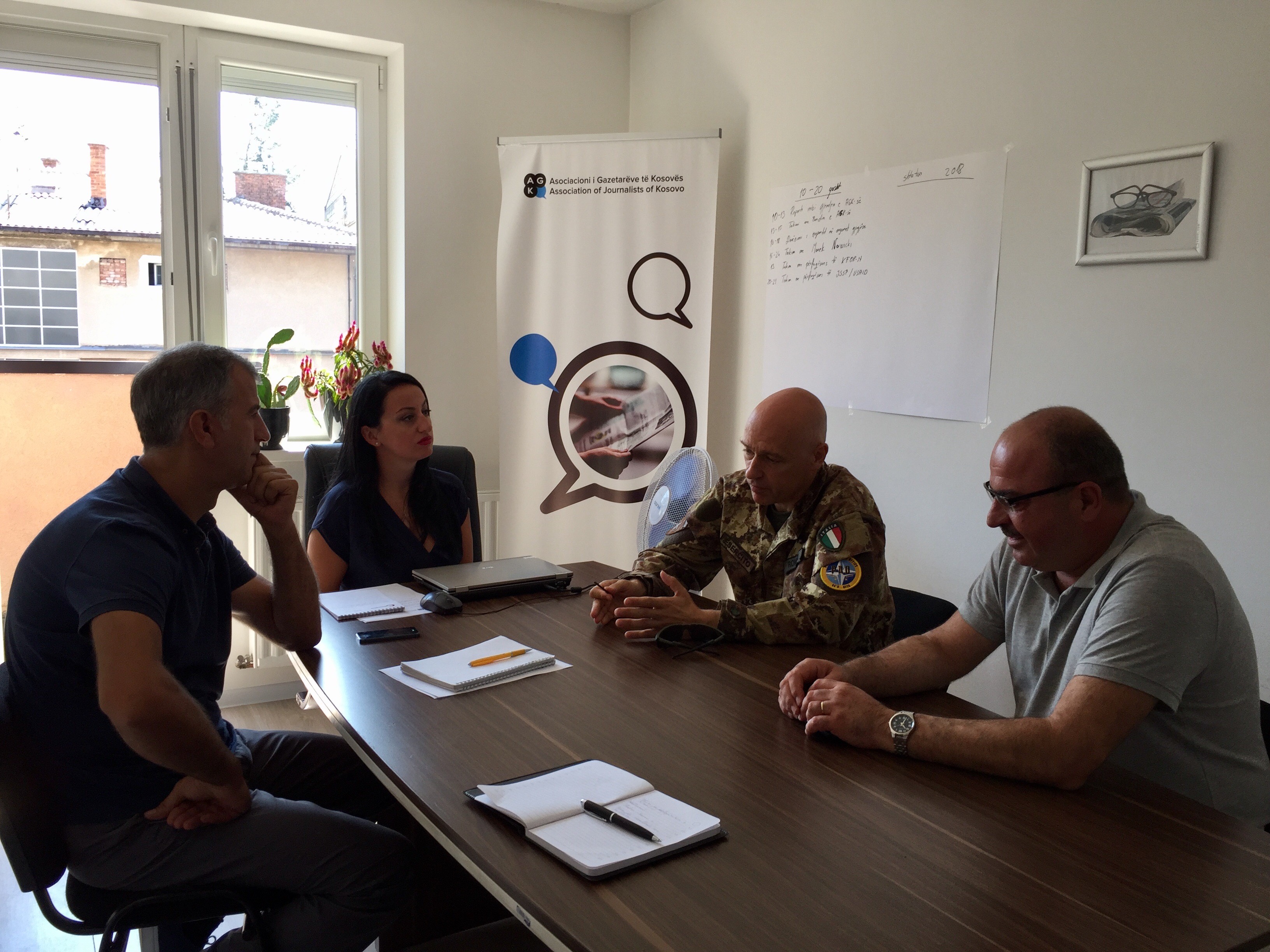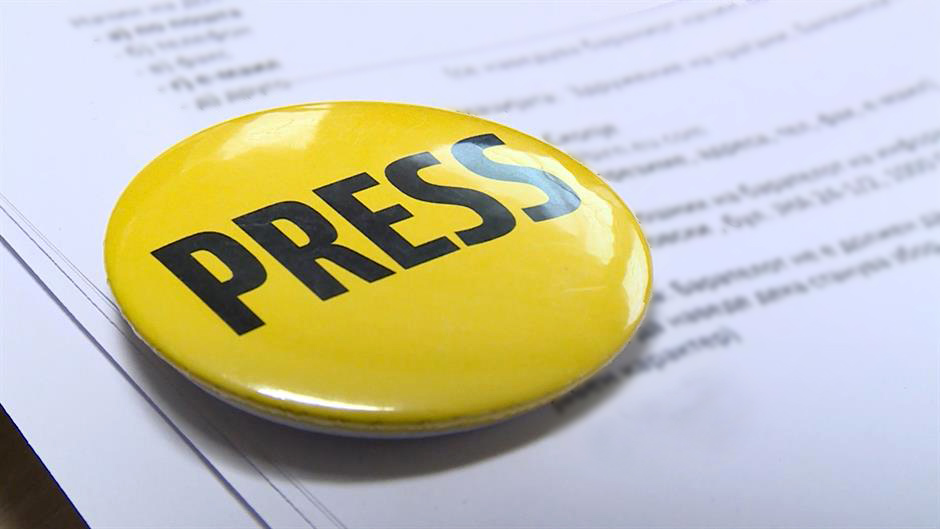NIŠ, 10.08.2018. – Iako ni posle intenzivne šestomesečne kontrole nisu u poslovanju Južnih vesti pronašli ni jedan jedini prekršaj, pozivajući se na uredbu koja se odnosi isključivo na javni sektor, poreski inspektori su utvrdili da Južne vesti navodno duguju milionski iznos. Ministarstvo finansija pokrenulo proceduru prinudne naplate i pre konačne odluke suda.
U iscrpnom izveštaju o kontroli, sačinjenom na 101 stranici, poreske inspektorke Jasna Vulićević i Ivana Antonijević su navele da Južne vesti od svog osnivanja nisu načinile nijednu grešku u svom poslovanju.
Ipak, tumačeći Zakon o informisanju, pritom ne navodeći koji tačno njegov deo, one su zaključile da glavni i odgovorni urednik mora da bude u radnom odnosu u mediju koji uređuje, a da urednik Južnih vesti Predrag Blagojević nema radni odnos u tom mediju.
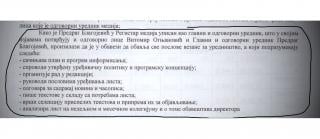
Detalj iz Zapisnika poreskih inspektora: Doslovce prepisan deo iz Kataloga radnih mesta u “javnom sektoru”;Obrazlažući svoj stav, inspektorke Vulićević i Antonijević su se pozvale na Uredbu Vlade Srbije “Katalog radnih mesta u javnim službama i drugim organizacijama u javnom sektoru”.
Na osnovu preciznog spiska obaveza glavnog urednika državnog medija, inspektorke su zaključile da sve to mora da obavlja i urednik u privatnom mediju. A kako je, po njihovom mišljenju, za ispunjenje svih pobrojanih obaveza uredniku potrebno puno radno vreme, samim tim on mora da bude u radnom odnosu.
Država bi da “legalno” kontroliše medije
Pozivanje Poreske uprave, koja je deo Ministarstva finansija, odnosno Vlade Srbije, na Uredbu kojom se definišu radna mesta u javnom sektoru i njena primena i na privatne medije je veoma opasna stvar, smatra Predrag Blagojević.
Time, dodaje, država na mala vrata pokušava da nađe legalan način da kontroliše ko može da bude urednik, ali i novinar.
U istom članu te Uredbe su definisani i uslovi koje urednik mora da ispunjava, a odmah u sledećem i ko može da bude novinar. Šta ih sprečava da sutra kažu “ti ne možeš da budeš urednik, ne ispunjavaš uslove”? Nisam pravnik i zvuči mi nelogično da to propise za javni sektor mogu da primene i na privatne medije. Ali, eto, videćemo da li stvarno može – kaže Blagojević.
Na osnovu navedenog zaključka inspektorki, Poreska uprava je obračunala da Južne vesti moraju da plate poreze i doprinose za glavnog urednika od osnivanja tog medija 2010. godine, što sa obračunatim kamatama predstavlja milionsku cifru.
Pošto su u veoma kratkim rokovima odbili sve žalbe na svoj rad, ne čekajući odluku suda po žalbi Južnih vesti, Poreska uprava je pokrenula proceduru prinudne naplate.
O neuobičajenoj ažurnosti državnog organa govori i činjenica da je Poreska uprava o žalbama Južnih vesti odlučivala za jedan dan. Tako je, primera radi, zahtev 21. juna upućen Poreskoj upravi da prinudnu naplatu milionske sume odloži do odluke suda, odbijen već sutradan.
Višestruko uvećane poreske obaveze i dugovi
O nelogičnostima u zaključcima poreskih inspektora govori i podatak da su navodne poreske dugove za platu glavnog urednika Južnih vesti obračunali kao da Predrag Blagojević dnevno radi po 16 sati, odnosno da obavlja dva posla sa punim radnim vremenom.
Naime, iako su u samom zapisniku o kontroli Južnih vesti naveli da Blagojević već 18 godina uredno plaća sve poreze i doprinose za puno radno vreme u svojoj privatnoj firmi, inspektori su i navodni poreski dug Južnih vesti obračunali kao da Blagojević i u tom mediju radi po 8 sati dnevno.
Ovako obračunatim dugovima i kamatama za period od bezmalo 10 godina, poreski inspektori su utvrdili navodni višemilionski dug Južnih vesti. Realna opasnost je gušenje slobode govora; Boško Ristić; Foto: arhiva JVAdvokat niškog portala u ovom predmetu Boško Ristić je, tražeći da se prinudna naplata odloži do konačne odluke suda, u žalbi Upravnom sudu naveo da bi insistiranje Poreske uprave da se dug naplati što pre, ugrozilo rad Južnih vesti, pa čak moglo da dovede i do njihovog gašenja.
Na taj način bi se moglo dovesti u vezu postupanje državnog organa u vezi sa gašenjem medija i ugrožavanje slobode izražavanja, odnosno medijskih sloboda. Ovo pravo je garantovano Ustavom i ratifikovanim međunarodnim ugovorima koji su postali deo domaćeg pravnog sistema i predstavljaju obavezu za državne organe koja je iznad odredbi Zakona o poreskom postupku i poreskoj administraciji i uživa zaštitu međunarodnih institucija – kaže Ristić.
Podsetimo, poreski inspektori već godinama “češljaju” rad Južnih vesti.
Aktuelna kontrola je 5. po redu u poslednjih nekoliko godina. Po pravilu je reč o proveri “anonimnih prijava”, a ni pored toga što su sve trajale mesecima, inspektori nikada do sada nisu pronašli ni najmanju nepravilnost.
Ovim povodom je i visoki predstavnik OEBS za slobodu medija Harlem Desir aprila ove godine razgovarao o slučaju Južnih vesti sa predsednikom Srbije Aleksandom Vučićem i premijerkom Anom Brnabić. Iz Vlade je nakon tog sastanka saopšteno da je premijerka obavila sastanak sa direktorkom Poreske uprave Srbije.
Kako je tada saopšteno iz kabineta Ane Brnabić, ona je od direktorke Poreske uprave tražila “ukoliko ne postoje indicije da poresku kontrolu treba dodatno proširiti, ona treba da bude okončana u najkraćem roku, kako dalja kontrola ne bi ometala rad”.
Inspektori radili i vikendom
Inače, dan nakon javne reakcije iz kabineta premijerke je kontrola Južnih vesti bila značajno intenzivirana. Prema nezvaničnim informacijama na predmetu je radilo čak 12 inspektora, a kontrolisane su i firme širom Srbije koje su se oglašavale u tom portalu.
Ipak, ni toliki broj inspektora nije bio dovoljan, pa su radili bez slobodnog dana i za vikend. Dokumentaciju su pregledavali i uzimali izjave od poslovnih partnera Južnih vesti i subotom i nedeljom.
Poreznici zastrašivali poslovne partnere “Južnih vesti”
Direktor Južnih vesti Vitomir Ognjanović pojašnjava da sama kontrola rada od strane inspekcija, pa i Poreske, nije sporna. Sporni su, dodaje, svrha i metode.
Da se razumemo – ne vidimo ništa sporno u tome da bilo koja inspekcija kontroliše naš rad. Ali jedno je kontrola rada, a drugo traženje greške u radu. Pritom, poreski inspektori su bez neophodnog radnog naloga obilazili i firme sa kojima sarađujemo. Čak su kontaktirali i članove porodica vlasnika firmi i objašnjavali kako njihovi ukućani sarađuju sa firmom koju “finansiraju strane obaveštajne službe”. Zbog toga smo izgubili nekoliko klijenata. To je klasično zastrašivanje – kaže Ognjanović.
Oprobani recept za gašenje medija?
Pre manje od godinu dana, upravo nakon konstantnih pritisaka Poreske uprave, posle 23 godine rada je ugašen jedan od najnagrađivanijih medija u Srbiji, nedeljnik Vranjske novine.
Ovaj medij je najpre bio u nemilosti gradske administracije kojom je rukovodila Srpska napredna stranka, pre svega tako što tom mediju dugo nije isplaćen novac iz gradskog budžeta namenjen javnom informisanju, dok su provladinim medijima isplaćivane milionske sume.
Nakon što su Vranjske pravdu potražile na sudu, u redakciju su jedna za drugom stizale razne inspekcije. Katanac je na Vranjske stavljen sredinom septembra 2017. godine.
EU: “Nesrazmerno korišćenje inspekcija”
Na sumnju da se inspekcije koriste i kao instrument za disciplinovanje medija, ukazano je i u izveštaju Evropske unije o Srbiji.
Naime, polugodišnjem izveštaju Evropske komisije o pregledu stanja u poglavljima 23 i 24 pristupanja Srbije EU, navedeno je da su brojni predstavnici medija izneli “tvrdnje da se fiskalne inspekcije nesrazmerno koriste kako bi se vršio ekonomski pritisak na medijske kuće”.
Da li su nadležne institucije nakon ovakvih navoda novinara proverile rad Poreske uprave, nikada nije saopšteno.


